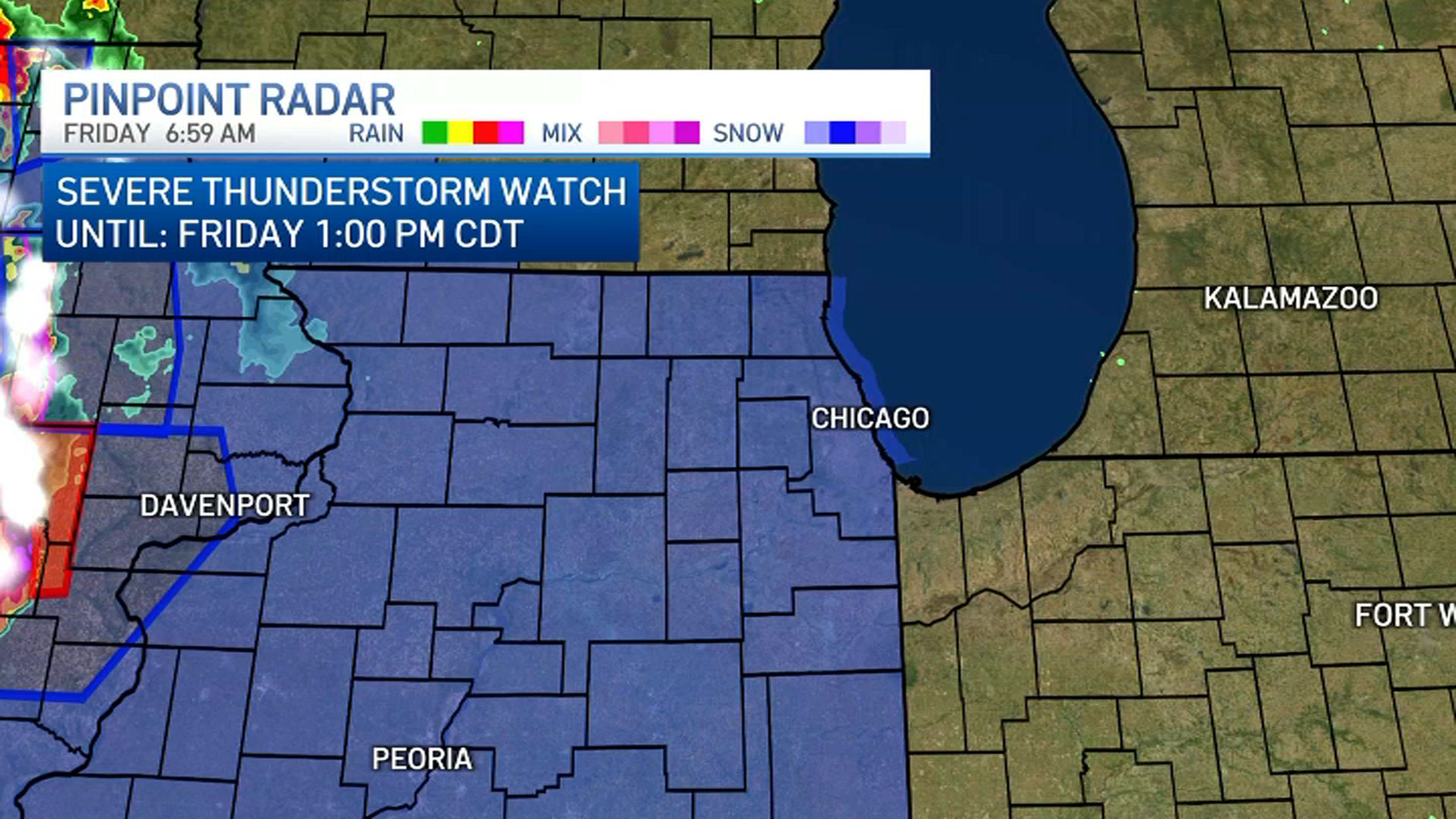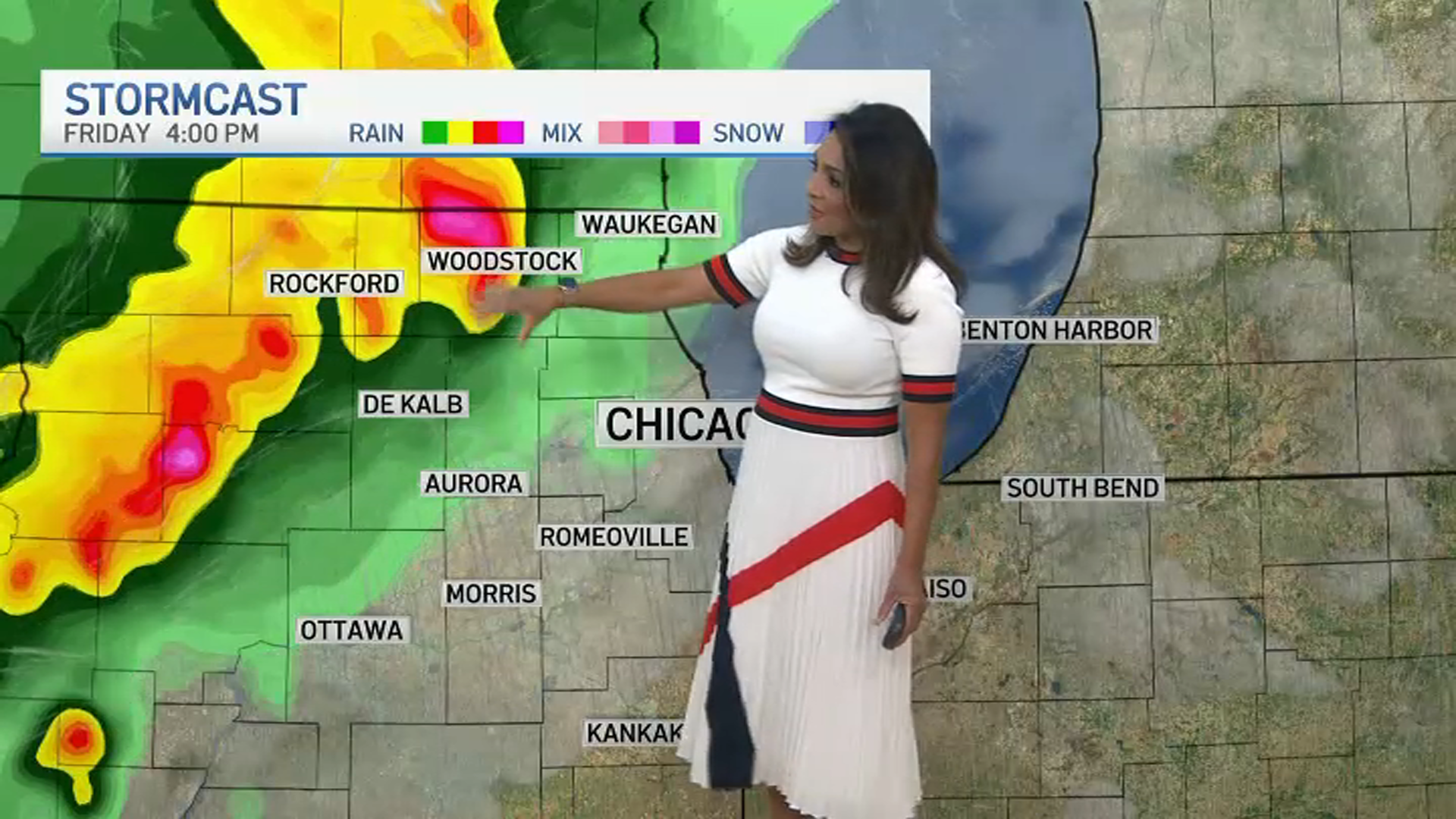Sunday morning was a blissful one for those residents who love a little extra shuteye, as clocks rolled back at the end of daylight saving time in the United States.
At 2 a.m., clocks rolled back an hour, forcing residents to change times on their microwaves and ovens after waking up from an extra hour of sleep.
As the United States heads toward winter, with daylight growing shorter with each passing day, the question now becomes this: when will we spring our clocks forward again?
Under provisions of the Energy Policy Act of 2005, which amended the Uniform Time Act of 1966, daylight saving time will begin on the second Sunday in March, which in 2023 will fall on March 12.
Nearly every U.S. state observes daylight saving time, with the exceptions of Arizona (although some Native American tribes do observe DST in their territories) and Hawaii. U.S. territories, including Puerto Rico, American Samoa, Guam and the U.S. Virgin Islands, do not observe daylight saving time.
The next question that will need to be answered will come down to lawmakers in Congress. The Sunshine Protection Act, which passed the Senate unanimously earlier this year, has stalled out in the House, and it is unclear whether Speaker Nancy Pelosi will slot the bill for a debate during the lame duck session later this year.
Under the provisions of that law, daylight saving time would become permanent across the United States, meaning that when clocks spring forward in 2023, they would never roll back.
Local
The fate of the legislation is unknown, with lawmakers offering public support but not scheduling the bill for a vote at this time.
As for the immediate impact of the rollback, residents were treated to an earlier sunrise on Sunday, with the sun rising just before 6:28 a.m. in Chicago. That of course will come with an earlier sunset as well, with the sun setting below the horizon at 4:40 p.m.
Feeling out of the loop? We'll catch you up on the Chicago news you need to know. Sign up for the weekly Chicago Catch-Up newsletter here.
The earliest sunset of the year will occur nearly one month from Sunday, with sunset scheduled for 4:21 p.m. on Dec. 8. Sunrise, meanwhile, will continue to creep forward into the new year, with the latest sunrise of the winter slated to occur around Jan. 3.
By that point in the calendar, daylight will be increasing, having passed the winter solstice. That date will fall on Dec. 21, when the city of Chicago will see just under nine hours and 11 minutes of daylight.



